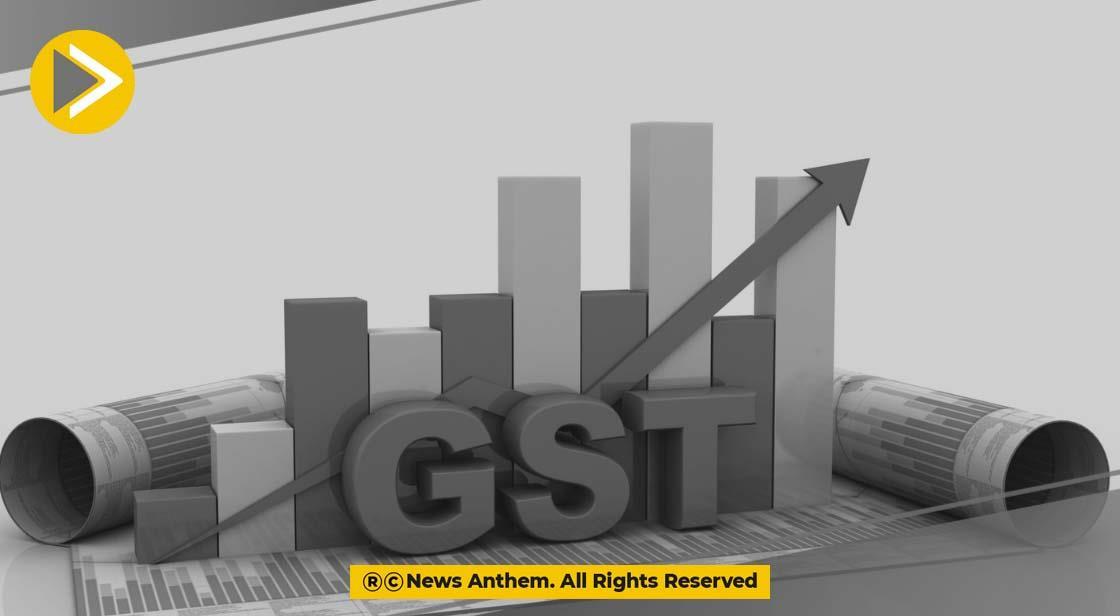GST Hike on Used Cars May Drive Buyers to Informal Channels, Survey Indicates

News Synopsis
The Goods and Services Tax (GST) Council’s proposal to raise the GST rate on used vehicles from 12% to 18% has sparked debate over its impact on India’s burgeoning used car market. The revision, which targets vehicles sold through registered dealers and online marketplaces, is likely to shift more transactions to informal channels, raising concerns about the long-term growth of formal and online marketplaces in the sector.
Impact of the GST Hike on Used Car Market
India’s used car market is a growing segment, fueled by rising consumer preference for personal mobility and innovations by technology startups offering financing options. Currently valued at $32.44 billion, the market is poised to more than double to $73 billion by FY28, according to a report by the Indian Blue Book in collaboration with car&bike and Das WeltAuto.
However, the GST hike may disrupt this growth trajectory, particularly for formal platforms.
Survey Findings by LocalCircles
Over 23,000 responses from consumers across 288 districts reveal that nearly 42% of used car transactions already occur outside formal platforms. This percentage is expected to increase if the proposed GST rate hike is implemented.
The proposal applies to used cars sold with a margin or purchased by businesses claiming depreciation. Private individuals buying or selling used cars will continue to be taxed at 12%, which could inadvertently push more transactions toward informal channels where GST compliance is less stringent.
Regional Demand and Growth in Luxury Used Cars
The used car market’s expansion extends beyond metro cities, with Tier-1 and Tier-2 regions driving significant growth. Dealers like Big Boy Toyz report that over 33% of inquiries for pre-owned luxury vehicles now originate from outside metro cities. Notably, demand for pre-owned luxury cars has surged by 35-40% annually, as owners upgrade to newer models within a short period.
Offline Channels Dominate Despite Growth in Online Marketplaces
While online platforms have contributed to the growth of the used car market, offline methods remain dominant.
Consumer Preferences
The LocalCircles survey highlights this trend:
-
25% of respondents traded in their vehicle at a dealership when purchasing a new car.
-
32% relied on social networks, including family and friends, to find buyers or sellers.
-
Only 13% used dedicated used car dealerships, 10% opted for online classifieds, and 20% used online marketplaces.
This suggests that 7 in 10 consumers prefer personal connections and offline channels, avoiding online platforms entirely.
Distrust in Online Platforms
Distrust emerges as a key reason for avoiding online marketplaces:
"27% of respondents cited a lack of trust in conducting high-value transactions like car sales online," according to the survey.
Other barriers include:
-
Preference for dealership trade-ins (17%).
-
Reliance on social networks (13%).
-
Desire to avoid taxable transactions (5%).
Challenges for Online Marketplaces
The GST rate hike could exacerbate existing challenges for online used car platforms. These platforms must build consumer confidence and address trust issues to attract a larger market share. If the GST revision leads to an uptick in informal transactions, it could significantly hinder the progress of formal and online markets.
Survey Demographics
The LocalCircles survey encompassed responses from 23,000 consumers across 288 districts in India. Among the respondents, 65% were male, and 35% were female, with participation distributed across Tier-1 (45%), Tier-2 (23%), and rural (32%) regions.
Conclusion
The GST Council’s proposal to increase the tax rate on used cars raises questions about its broader implications. While the move aims to streamline taxation on margin-based sales, it may inadvertently push more buyers and sellers into informal networks, undermining the growth of formal and online platforms. For the used car market to thrive, stakeholders must address trust deficits and incentivize compliance within the formal sector.
You May Like









